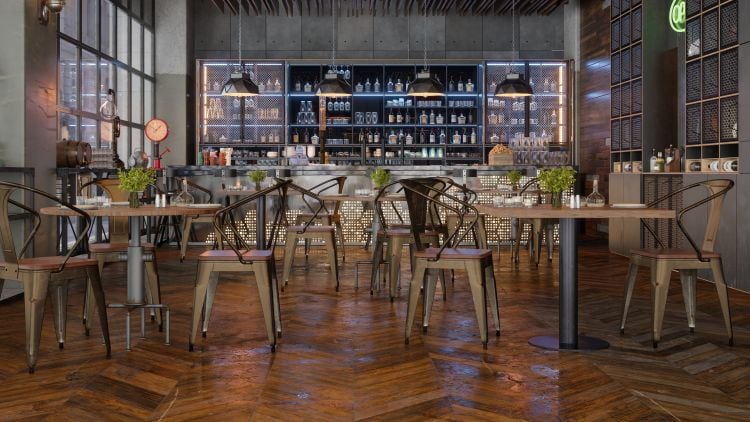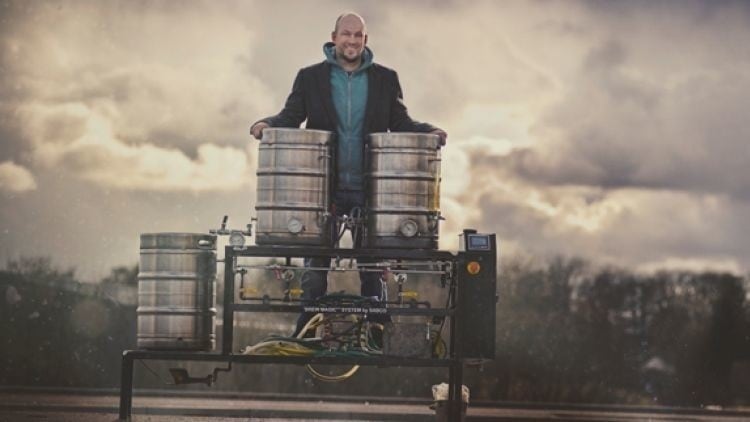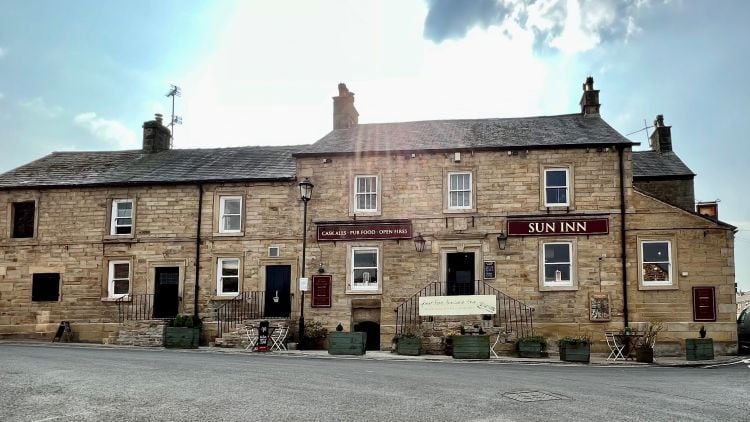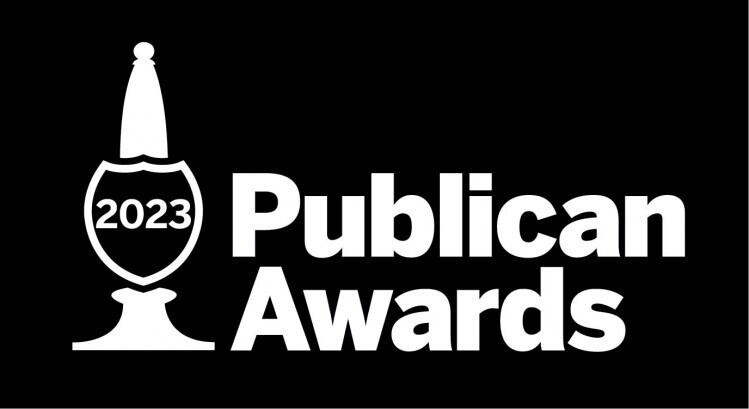Q. I am a prospective tenant in discussions with a landlord about a new site which is unlicensed, and the landlord wants to apply for the new premises licence, instead of me; is this a good idea?
A. Probably not. This is an issue that continues to divide opinion in the licensing world. In the tenanted/leased pub sector the majority of landlords hold the premises licence in its name to protect the licence from the disgruntled tenant who may surrender out of spite. The price for this is involvement in the licensing process such as if the tenant wants to vary the premises licence to extend permitted hours, or if things go wrong involvement in a Review of the premises licence even though the landlord/licence holder is not the operator.
Here, from a costs point of view if the landlord is making the application at its cost then this will be a saving to you, but in my experience the landlord making applications for an effective operating premises licence (as opposed to a shadow licence) is problematic.
You will have to provide your layout plans and you must insist on approving not only in the initial application to make sure it is satisfactory but any changes or amendments during the consultation process because you need to be able to operate it, not the landlord.
There is sometimes a conflict of interest because the tenant may be satisfied if there is a reduction on hours, but the landlord looking at the overall investment picture would not be. This is why it is probably a good idea for the tenant to take the responsibility. If the landlord wants greater protection, then it can apply for its own licence as a “shadow”. Also, this situation is likely to lead to more complex drafting in any agreement with clauses to protect the tenant’s position.
I have also found the responsible authorities are suspicious of landlords making applications who are not the end user. Naturally, the police, for example, from a crime and disorder point of view want to know who the operator is and to ask specific questions as to the style and proposed target clientele, entertainment, drinks offer etc.
This can lead to the premises licence being granted with greater restriction because the responsible authorities and the licensing officer and/or licensing committee are likely to take a more conservative approach in the absence of knowing who the tenant will be and that effectively once the licence is granted the transfer to the tenant will simply be an administrative process.
Finally, if the landlord does make the application will it hold the licence or agree to transfer to the tenant? In my view, the tenant should hold the premises licence in a commercial lease arrangement (as opposed to the pub sector).
This is both to protect the landlord if things go wrong and unlike with a pub there will be no landlord input in relation to the operation of the business, but also to protect the tenant who has an asset in its name which if the lease allowed it could transfer to another operator and is also free to make such applications as it wishes subject usually, to the landlord’s approval.
- James Anderson is a partner at Poppleston Allen.




